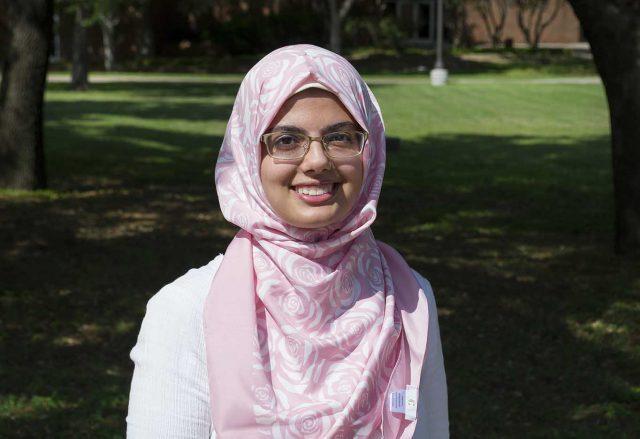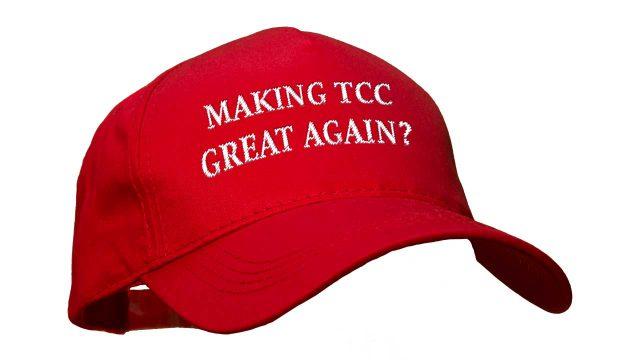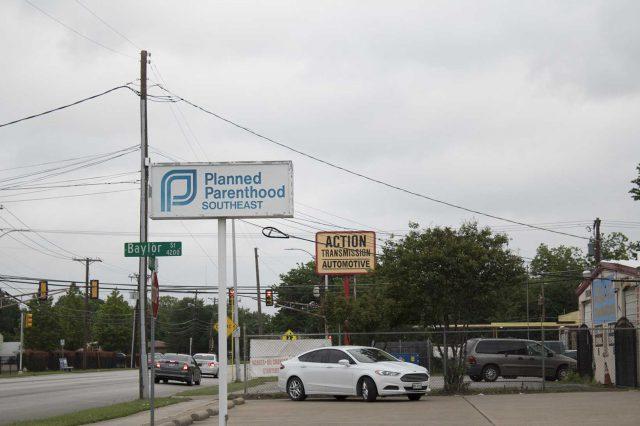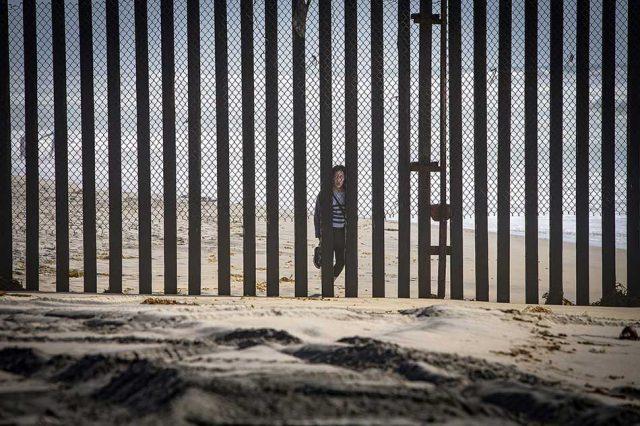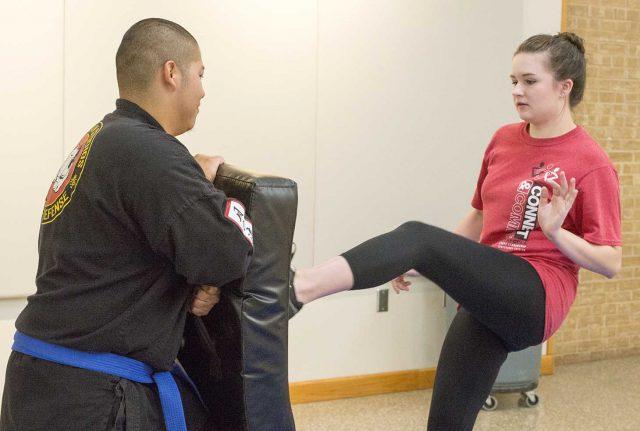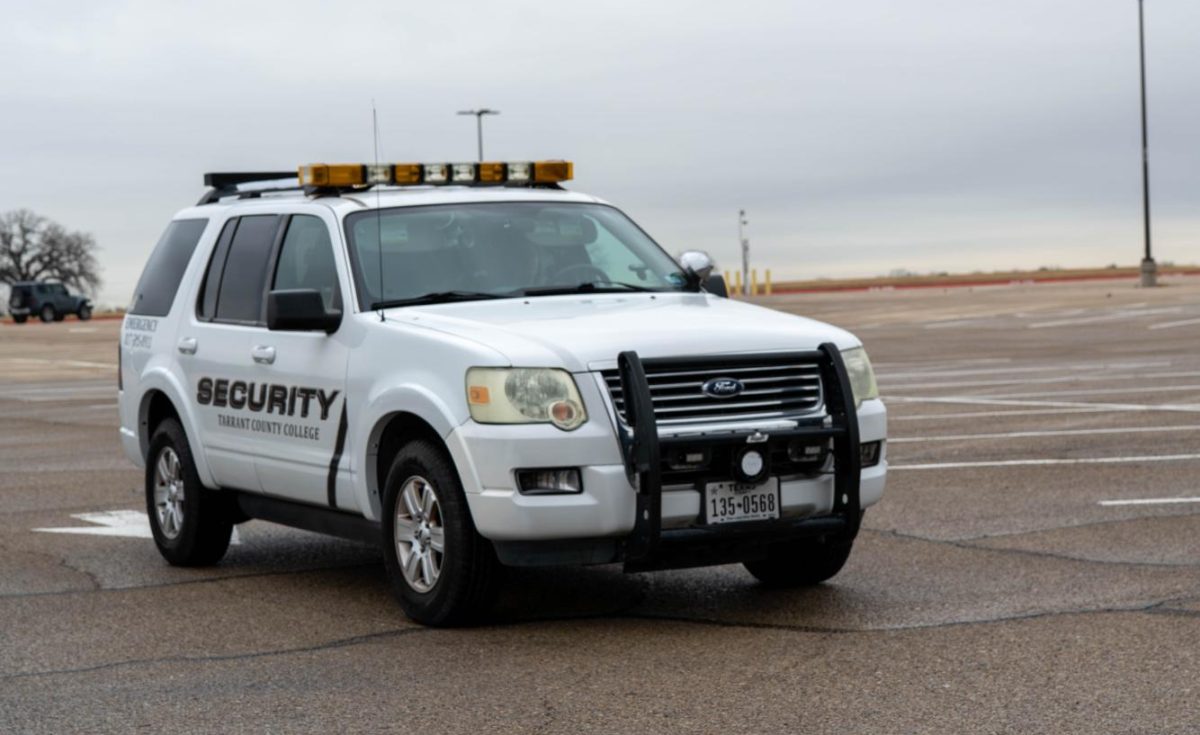By Jason Middlebrooks/south news editor
SE Muslim Student Association president Nashat “Nash” Qashou is a normal 20-year-old marketing student who wishes to open his own agency one day. When he is not going to school or studying, he spends time with his friends and family.
Recently, Qashou discussed going to visit his family’s homeland of Jordan with his friends. They strongly suggested that he stay put for now. It’s too risky, they said.
One week after being inaugurated, President Donald Trump signed Executive Order 13769, restricting travel to and from Iraq, Iran, Yemen, Syria, Somalia, Sudan and Libya. All are Muslim-majority countries.
The ban has been halted by temporary restraining orders issued from multiple U.S. federal court justices.
Still, TCC’s Muslims feel the ban is discriminatory and are concerned that it could have a lasting effect on Muslim culture.
Even though Jordan is not one of the countries involved in the ban, Qashou fears the ban could expand if a form of it is not blocked.
“I’m big-time worried,” he said. “I went to a friend’s house for dinner. His father looked at me and said, ‘Son, you and Simon have known each other for a long time. I feel like you are a part of my family. I don’t want you to leave, not just yet.’”
Qashou said the actions of ISIS, which are Trump’s reasoning for the ban, do not represent Islam and that the terrorism group attacks its own.
“Does it [the Quran] say ‘Kill innocent people?’ Why are they called a Muslim terrorist group? You tell me that,” he said.
South Student Government Association ambassador and pre-med club president Shames Alaesa, who is planning on visiting family in Iraq in 2018, wouldn’t call ISIS members Muslims. She said people like to automatically assume that ISIS and Arab culture “go hand to hand.”
“There is always an extreme group within that likes to gain as much power as they can,” she said. “They have a very clear agenda of fear. ISIS’ number one victims are Muslims.”
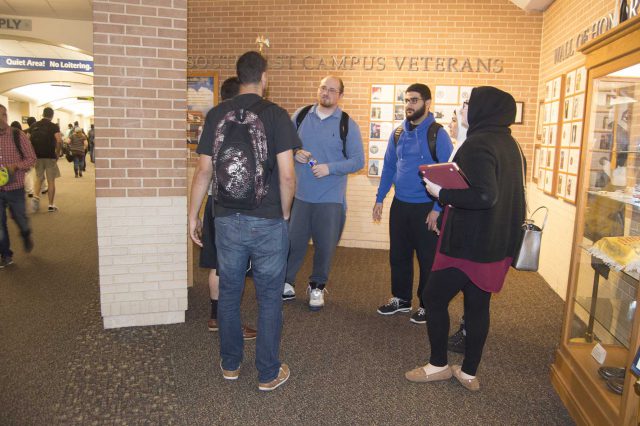
Collegian file photo
Alaesa said Trump’s ideals harm the Muslim culture, and he is using a similar tactic that ISIS uses of instilling fear. She said the ban has created “a change in the atmosphere,” and it has revealed a disconnect between the Middle East and the West.
South student Sumer Al-assad sees the ban as strictly political and a cover for something bigger.
“Honestly, I think it’s just to stop people from traveling because the countries he banned basically have nothing to do with what happened,” she said. “He left Egypt and Saudi Arabia and the [United Arab] Emirates. Why? One, they have the money. Two, Egypt has the business. They did not ban those because of business. It is political, not actually protection.”
While some feel the ban is discriminatory, others feel Trump is justified in his actions but focusing on the wrong places. South student and Indian-born Muslim Obaid Quadi is not against it if it helps.
“He should look at the countries that are actually producing radicals and ban those countries,” Quadi said. “I think it is a waste of time and money, whoever is in charge of [enforcing] the decision like Homeland Security. If he thinks there is a threat, he is allowed to do it.”
Yassine El-Khayat, a Palestinian Muslim who is studying English, says America is respected in his homeland. In his eyes, the only thing that makes Americans and Muslims different is their lifestyles.
“What we do is what makes us different,” El-Khayat said, “not race or religion.”
According to Qashou, there is not much of a difference between Christians and Muslims. The Koran is the word of God in Arabic. The only difference is Islam views Jesus Christ as a prophet instead of a savior.
“I’m just an ordinary Arab guy,” Qashou said. “I would like to ask Donald Trump, ‘What have I done to you and what have we done to you to be treated this way? Is it discrimination or racism?’
“He better have a good answer,” he said.






















